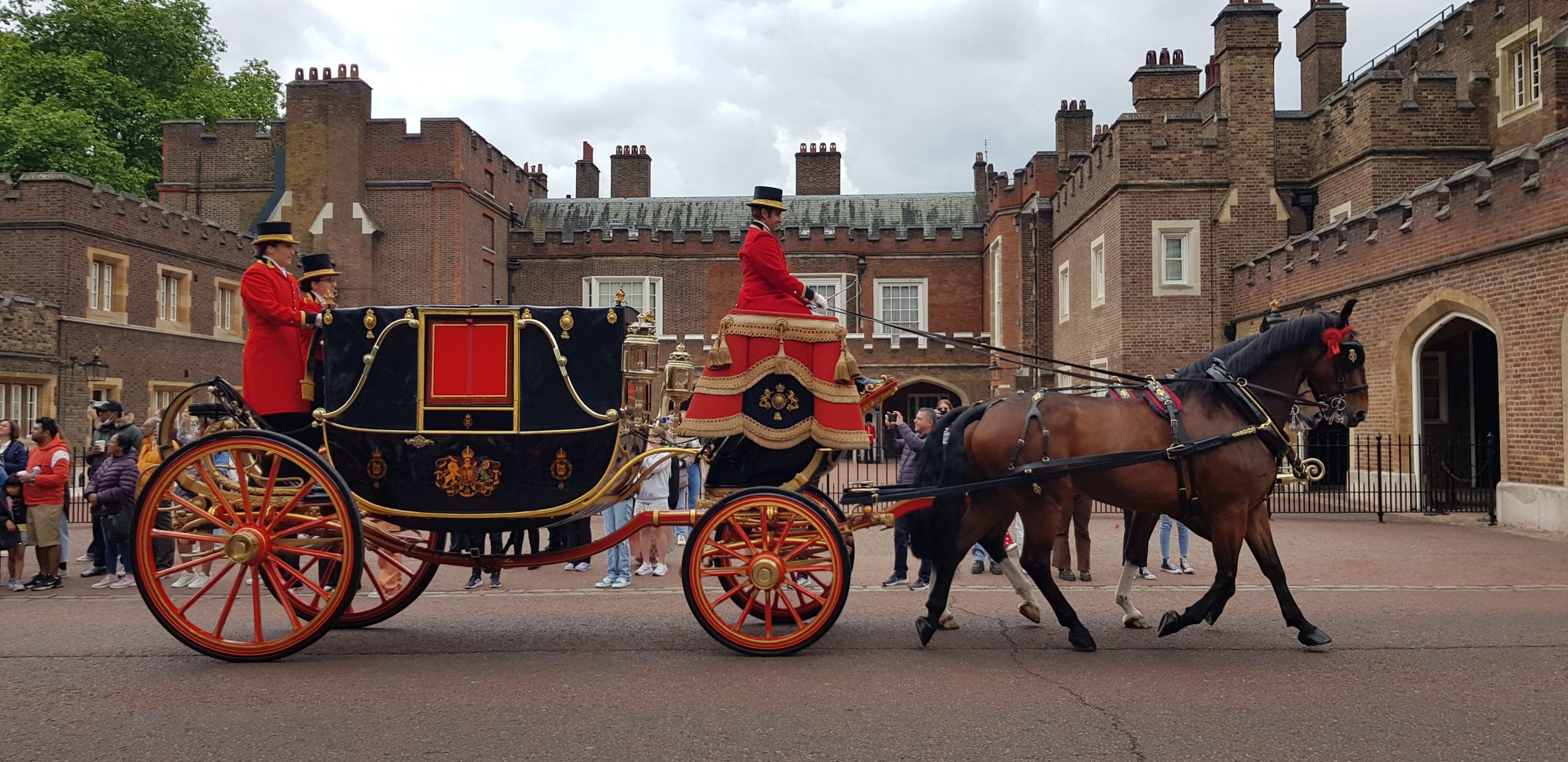Horses and Their Emotions: Uncovering the Suffering of Sentient Creatures

Horses and Their Emotions: Uncovering the Suffering of Sentient Creatures
Horses have long been revered as noble, majestic creatures, integral to human history as companions in work, sport, and leisure. From the ancient warriors riding into battle to the racehorses that bring excitement to modern-day crowds, horses have earned a place in human culture. Yet, beneath their strong, graceful exteriors, horses are sentient beings with deep emotional lives, capable of experiencing both joy and suffering. Unfortunately, despite this, their well-being is often overlooked, leading to various forms of suffering across the globe.
Understanding Horses as Sentient Beings
Sentience refers to the ability to experience sensations, feelings, and emotions. It is an attribute that has historically been reserved for humans and a few other animals, but research into animal cognition and emotion has shown that many species, including horses, possess a complex range of emotions and cognitive abilities.
Horses are incredibly sensitive creatures. They are known to form deep social bonds, not only with other horses but also with humans and other animals. Their intelligence allows them to read human body language and facial expressions, responding with empathy and affection. Horses communicate through a variety of vocalizations, body movements, and facial expressions, and they experience emotions such as joy, fear, frustration, and anxiety. Their capacity for pain, fear, and distress is well-documented, making them fully capable of suffering in various ways.
Emotional Lives of Horses
Horses form social structures in the wild, where they live in herds that offer protection, companionship, and comfort. These bonds are essential for their emotional well-being. When horses are separated from their companions, whether it’s due to being sold, used for work, or taken away for competition, they often experience significant stress and anxiety. The bond they form with their human caretakers can also be deep, with many horses showing clear affection toward people, nuzzling them or following them around. However, these bonds can also be exploited when humans fail to respect the emotional needs of the horse.
Just like humans, horses are deeply affected by their environments. They experience fear in the face of danger, excitement when they are allowed to run freely, and sadness when deprived of companionship or subjected to harsh conditions. Their ability to experience a wide range of emotions indicates that they are far more than simple, instinctual animals; they are sentient beings capable of feeling both pleasure and pain.
Suffering of Horses Around the World
Unfortunately, the recognition of horses as sentient beings is often overshadowed by their exploitation and mistreatment around the world. The suffering of horses takes many forms, ranging from cruel practices in the racing industry to the grueling labor many horses are subjected to in parts of the world. Here are some of the most significant ways horses are suffering globally:
1. The Horse Racing Industry
Horse racing, often dubbed the “Sport of Kings,” is one of the most visible industries involving horses. However, it has long been associated with significant suffering. Horses bred for racing often face intense pressure to perform, sometimes resulting in injury, exhaustion, and death. The use of drugs to enhance performance or mask pain is rampant in some regions, contributing to long-term health issues for the horses. Once a racehorse’s career ends, many are discarded or sold to less-than-ideal situations, with some ending up in slaughterhouses.
2. Work Horses and Cart Pulling
In many parts of the world, horses are used for labor, including pulling carts, plowing fields, or working in tourism. In some countries, horses are often subjected to harsh physical conditions, working long hours in difficult weather conditions without adequate food, water, or rest. In extreme cases, they are forced to carry heavy loads that can lead to physical injury or chronic conditions like lameness.
3. The Slaughter Industry
In some countries, horses are sent to slaughterhouses for meat production. These horses often suffer from neglect, poor living conditions, and physical injuries before they even reach the slaughterhouse. In many cases, these horses were once racehorses, working animals, or pets who have outlived their usefulness. Despite the growing awareness and campaigns to end horse slaughter, it remains a significant issue in parts of North America, Europe, and Asia.
4. Abuse and Neglect
Sadly, some horses are subjected to outright abuse and neglect. Cases of hoarding, starvation, and physical abuse are not uncommon, especially when horses are abandoned by owners who can no longer care for them. Horses left in such conditions often suffer from malnutrition, illness, and injury. Their psychological suffering can be just as severe as the physical pain they endure.
5. The “Wild West” of Horse Trafficking
In some parts of the world, horses are trafficked for illegal purposes, including for use in racing or meat production. These animals are often subjected to inhumane conditions during transport, with overcrowded trucks that can lead to injuries or death. Some horses are simply discarded when they are no longer deemed useful, leaving them vulnerable to a life of suffering.
Efforts to Alleviate Suffering
In recent years, there has been a growing movement to recognize the sentience of horses and address the suffering they endure. Animal welfare organizations, advocates, and concerned individuals are working to raise awareness about the mistreatment of horses and to push for stronger laws and protections. Efforts are being made to reform the racing industry, improve working conditions for laboring horses, and promote ethical treatment in all aspects of horse ownership.
Education is crucial in improving the well-being of horses. Teaching owners, riders, and caretakers to understand the emotional and physical needs of horses can go a long way in preventing mistreatment. Increased adoption of ethical training practices, where horses are treated as sentient beings, will help to foster positive relationships between humans and horses.
Conclusion
Horses, like all sentient beings, experience the full spectrum of emotions. They can feel joy, affection, fear, and pain, which means that they are deserving of respect, compassion, and care. Unfortunately, their suffering continues in many parts of the world, largely due to human exploitation, neglect, and ignorance of their emotional and physical needs. As we move forward, it is vital that we acknowledge the sentience of horses and work to ensure their well-being, treating them not as mere tools or commodities but as intelligent, emotional beings who deserve our respect and kindness. Only through greater awareness, advocacy, and education can we hope to alleviate the suffering of horses and ensure that they lead lives full of dignity and care.



